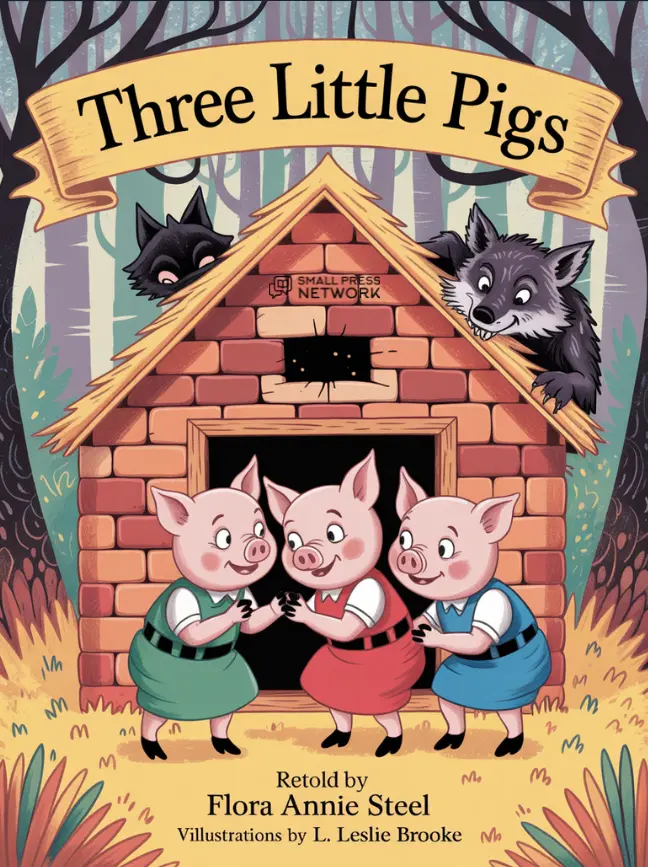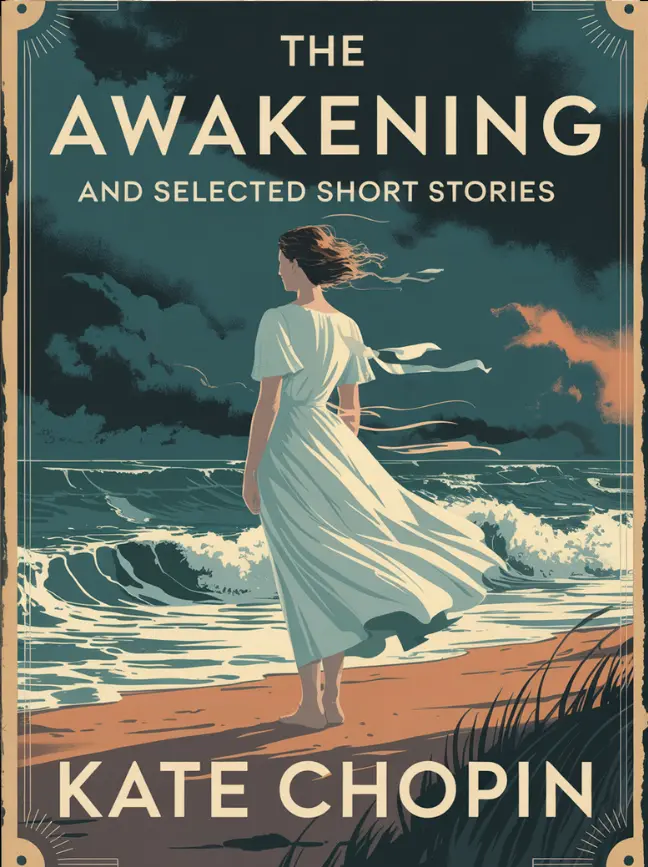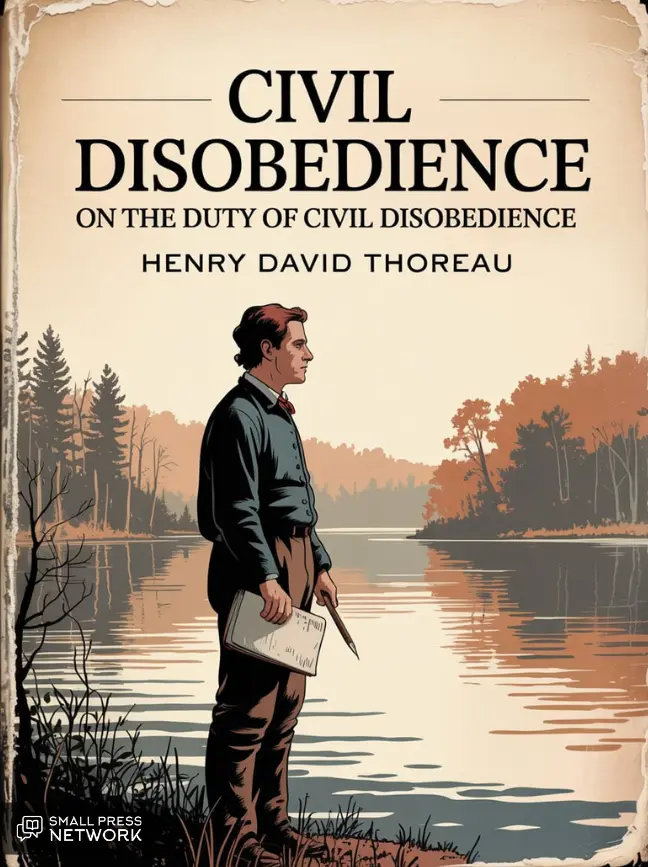1006
Chapter IX
The Fifth company was bivouacking at the very edge of the forest. A huge campfire was blazing brightly in the midst of the snow, lighting up the branches of trees heavy with hoarfrost.
About midnight they heard the sound of steps in the snow of the forest, and the crackling of
dry branches.
“A bear, lads,” said one of the men.
They all raised their heads to listen, and out of the forest into the bright firelight stepped two strangely clad human figures clinging to one another.
These were two Frenchmen who had been hiding in the forest. They came up to the fire, hoarsely uttering something in a language our soldiers did not understand. One was taller than the other; he wore an officer’s hat and seemed quite exhausted. On approaching the fire he had been going to sit down, but fell. The other, a short sturdy soldier with a shawl tied round his head, was stronger. He raised his companion and said something, pointing to his mouth. The soldiers surrounded the Frenchmen, spread a greatcoat on the ground for the sick man, and brought some buckwheat porridge and vodka for both of them.
The exhausted French officer was Ramballe and the man with his head wrapped in the shawl was Morel, his orderly.
When Morel had drunk some vodka and finished his bowl of porridge he suddenly became unnaturally merry and chattered incessantly to the soldiers, who could not understand him.
Ramballe refused food and resting his head on his elbow lay silent beside the campfire, looking at the Russian soldiers with red and vacant eyes. Occasionally he emitted a long- drawn groan and then again became silent. Morel, pointing to his shoulders, tried to impress on the soldiers the fact that Ramballe was an officer and ought to be warmed. A Russian officer who had come up to the fire sent to ask his colonel whether he would not take a French officer into his hut to warm him, and when the messenger returned and said that the colonel wished the officer to be brought to him, Ramballe was told to go. He rose and tried to walk, but staggered and would have fallen had not a soldier standing by held him up.
“You won’t do it again, eh?” said one of the soldiers, winking and turning mockingly to Ramballe.
“Oh, you fool! Why talk rubbish, lout that you are—a real peasant!” came rebukes from all sides addressed to the jesting soldier.
They surrounded Ramballe, lifted him on the crossed arms of two soldiers, and carried him to the hut. Ramballe put his arms around their necks while they carried him and began wailing plaintively: “Oh, you fine fellows, my kind, kind friends! These are men! Oh, my brave, kind friends,” and he leaned his head against the shoulder of one of the men like a child.
Meanwhile Morel was sitting in the best place by the fire, surrounded by the soldiers.
Morel, a short sturdy Frenchman with inflamed and streaming eyes, was wearing a woman’s cloak and had a shawl tied woman fashion round his head over his cap. He was evidently tipsy, and was singing a French song in a hoarse broken voice, with an arm thrown round the nearest soldier. The soldiers simply held their sides as they watched him.
1007
“Now then, now then, teach us how it goes! I’ll soon pick it up. How is it?” said the man—a singer and a wag—whom Morel was embracing.
“Vive Henri Quatre! Vive ce roi valiant!” sang Morel, winking. “Ce diable à quatre…” 133 “Vivarika! Vif-seruvaru! Sedyablyaka!” repeated the soldier, flourishing his arm and really catching the tune.
“Bravo! Ha, ha, ha!” rose their rough, joyous laughter from all sides.
Morel, wrinkling up his face, laughed too.
“Well, go on, go on!”
“Qui eut le triple talent,
De boire, de battre, Et d’être un vert galant.” 134 “It goes smoothly, too. Well, now, Zaletáev!”
“Ke…” Zaletáev, brought out with effort: “ke-e-e-e,” he drawled, laboriously pursing his lips, “le-trip-ta-la-de-bu-de-ba, e de-tra-va-ga-la” he sang.
“Fine! Just like the Frenchie! Oh, ho ho! Do you want some more to eat?”
“Give him some porridge: it takes a long time to get filled up after starving.”
They gave him some more porridge and Morel with a laugh set to work on his third bowl. All the young soldiers smiled gaily as they watched him. The older men, who thought it undignified to amuse themselves with such nonsense, continued to lie at the opposite side of the fire, but one would occasionally raise himself on an elbow and glance at Morel with a smile.
“They are men too,” said one of them as he wrapped himself up in his coat. “Even wormwood grows on its own root.”
“O Lord, O Lord! How starry it is! Tremendous! That means a hard frost….”
They all grew silent. The stars, as if knowing that no one was looking at them, began to disport themselves in the dark sky: now flaring up, now vanishing, now trembling, they were busy whispering something gladsome and mysterious to one another.
133
“Long live Henry the Fourth, that valiant king! That rowdy devil.”
134
Who had a triple talent
For drinking, for fighting, And for being a gallant old boy…





